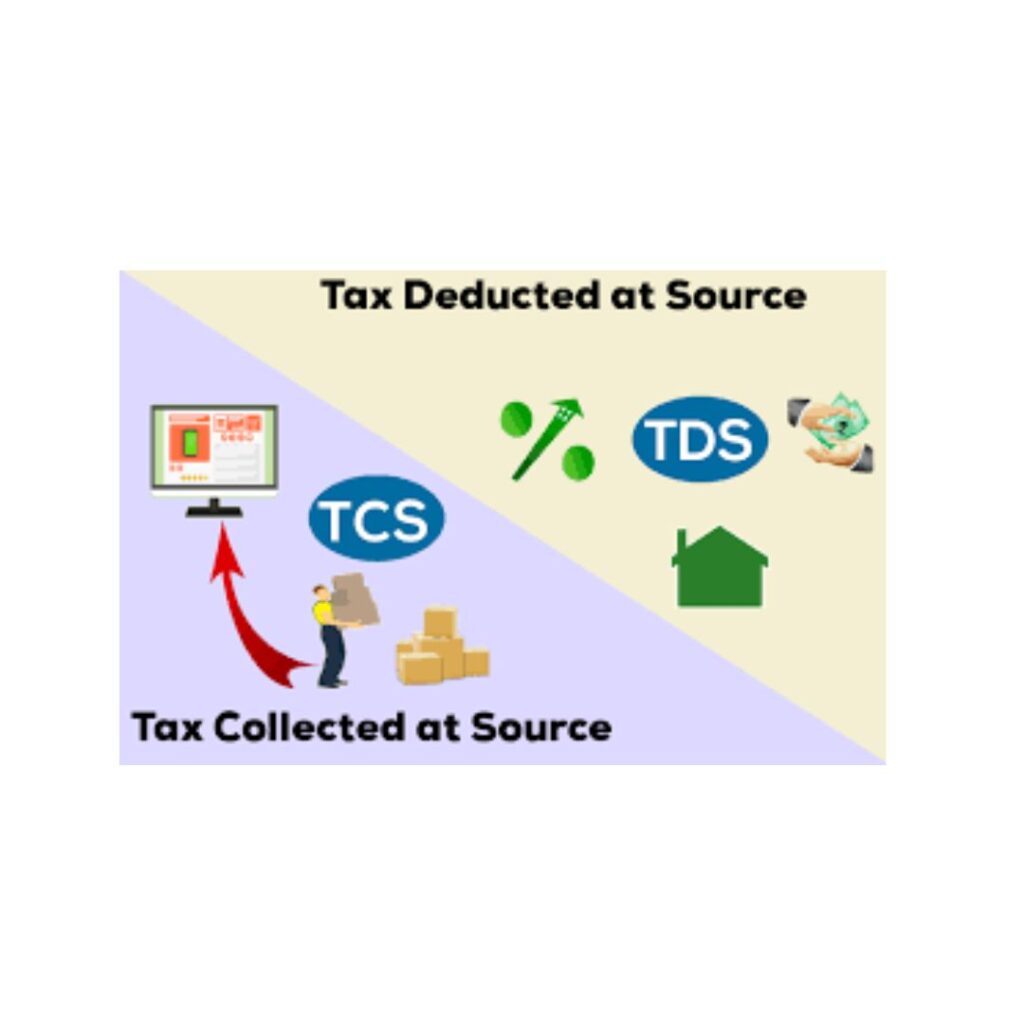Introduction
Tax Deducted at Source (TDS) is a mechanism introduced by the government to collect tax at the source of income itself. This system ensures that tax is collected in advance and prevents tax evasion. However, a common question arises: Who is responsible for paying TDS—the buyer or the seller? This article aims to clarify this question by exploring the concept of TDS, its benefits, limitations, applications, and a comparative analysis.
Definition of TDS
TDS is a tax collection method where a specified percentage of the payment is deducted by the payer before making the payment to the recipient. The deducted amount is then deposited with the government by the deductor. This method is used across various transactions, including salaries, interest, professional fees, rent, and the sale of property.
Who is Responsible for Paying TDS?
The responsibility for paying TDS depends on the nature of the transaction and the provisions specified under the Income Tax Act, 1961. Typically:
- Buyer: In transactions such as the purchase of immovable property exceeding a certain limit (as per Section 194-IA), the buyer is required to deduct TDS before making the payment to the seller.
- Seller: The seller is not usually responsible for deducting TDS but is required to report the TDS deducted by the buyer while filing income tax returns.
Thus, the obligation to deduct TDS is generally on the buyer (payer), while the seller (payee) bears the deduction’s impact.
Application of TDS in Various Transactions
1. Sale of Property (Section 194-IA)
- If the transaction value exceeds ₹50 lakh, the buyer must deduct TDS at 1% and deposit it with the government.
- The seller receives the amount after deduction and can claim credit while filing returns.
2. Rent Payment (Section 194-I & 194-IB)
- When rent paid exceeds ₹2.4 lakh annually, the tenant (payer) must deduct TDS before payment to the landlord.
- The rate of deduction varies depending on whether the landlord is an individual or a company.
3. Professional Fees (Section 194J)
- If professional fees exceed ₹30,000, the payer must deduct TDS at 10% before making the payment.
4. Salary Income (Section 192)
- Employers deduct TDS from employees’ salaries before disbursing the salary and deposit the same with the government.
5. Interest Payments (Section 194A)
- Banks and financial institutions deduct TDS on interest payments if they exceed the prescribed limit (₹40,000 for banks and ₹50,000 for senior citizens).
Comparative Table: Buyer vs. Seller Responsibility in TDS Payment
| Transaction Type | TDS Deductor (Payer) | TDS Rate | Applicable Section |
|---|---|---|---|
| Sale of Property | Buyer | 1% | 194-IA |
| Rent Payment | Tenant | 5%-10% | 194-I, 194-IB |
| Professional Fees | Service Receiver | 10% | 194J |
| Salary Payment | Employer | As per IT Slabs | 192 |
| Interest on Deposits | Banks/Financial Institutions | 10% | 194A |
Benefits of TDS
- Prevention of Tax Evasion: Ensures tax collection at the source and reduces tax evasion.
- Regular Revenue Flow to the Government: Provides the government with a steady revenue stream.
- Ease of Tax Payment for Taxpayers: Reduces the tax burden at the end of the financial year.
- Compliance and Transparency: Helps track transactions effectively, ensuring transparency in tax collection.
Limitations of TDS
- Administrative Burden on Deductors: Payers must maintain records, file TDS returns, and deposit tax on time.
- Cash Flow Issues for Sellers: Since the seller receives payment after TDS deduction, it affects immediate cash availability.
- Complexity in Compliance: Various rates and conditions make compliance challenging for individuals and businesses.
Conclusion
The responsibility of deducting and paying TDS lies with the payer (buyer or service recipient) in most cases. The seller, however, must ensure that the TDS deducted is reflected in tax returns. Understanding TDS provisions is crucial for compliance and smooth financial transactions. Buyers, sellers, employers, and professionals must be aware of their obligations under the Income Tax Act to avoid penalties and ensure seamless tax payments.
For more information to Visit https://www.incometax.gov.in
FAQs:
For more information to Visit https://www.incometax.gov.in
For further details access our website https://vibrantfinserv.com/

